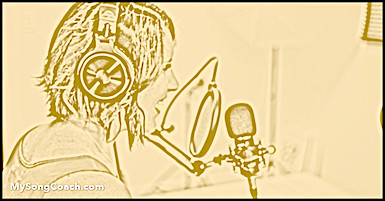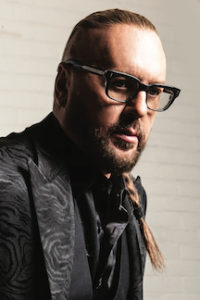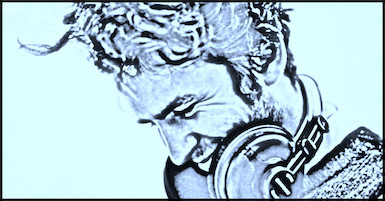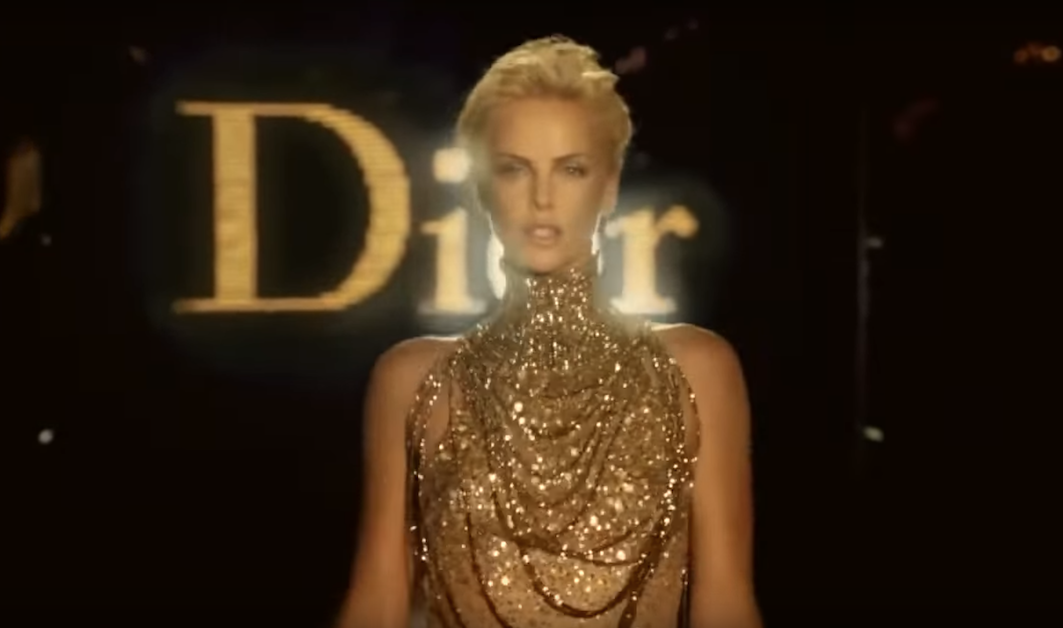
Thousands of songs are used in TV shows, films, and commercials each year. For every song that’s placed, many are auditioned—often hundreds—but only one is chosen. And you want that song to be yours.
The song that will get the job is the one that enhances the emotion and memorability of the scene for the viewers. Is a character discovering real love for the first time? The song needs to evoke that feeling of innocence, yearning, and wonder for the audience. Is the film set in a small town in the 1950s? The song needs to make us feel that we’ve traveled back to another time and place. And the right song can bring the whole thing to life!




